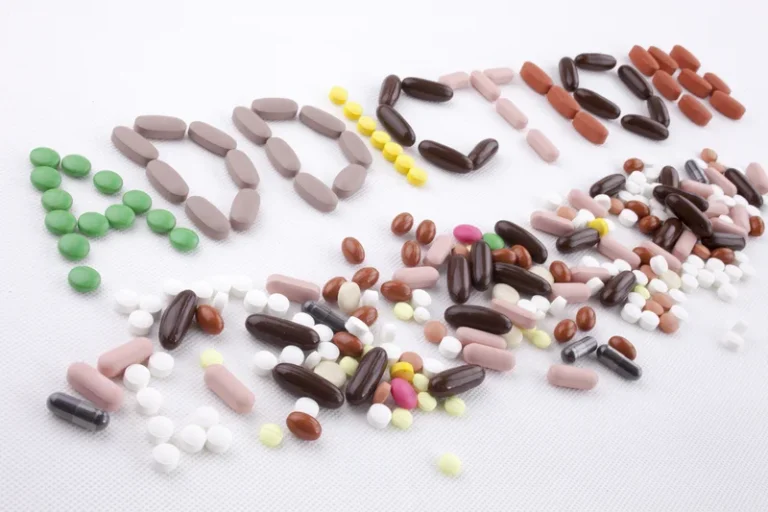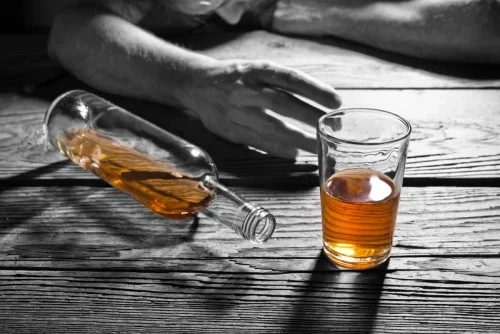
Other studies suggest that roughly 50% of individuals who complete addiction treatment programs remain abstinent for a year, and this number increases with time and ongoing treatment. Abstinence is the complete cessation or avoidance of the substance or behavior to which one is addicted. This means not partaking in the addictive substance (like drugs or alcohol) or engaging in the addictive behavior (such as gambling or binge eating) at all. Abstinence is often the initial step in addiction recovery programs and is considered a necessary condition for the treatment of many forms of addiction.
Is There a Difference in Physical Health Between Being Sober and Being Abstinent?
If you find it difficult to make new, sober friends, try joining a support group. Many people who quit drinking find themselves with more free time than usual. Dedicating this time to self-care and satisfying hobbies can help you stay motivated to maintain a sober curious lifestyle. As you consider what you do and don’t enjoy about alcohol, you might make the choice to have a drink on occasion.
Three Reasons Why Your Kids Will Love The New Sober You
- It involves curiosity about the reasons fueling your desire to drink and the way alcohol affects your life.
- Sobriety with MAT is about using these medications responsibly as part of a comprehensive treatment plan.
- Colloquially, it may refer to a specific substance that is the concern of a particular recovery support program[6] (e.g. alcohol, marijuana, opiates, or tobacco).
- If you’re starting to wonder whether giving up drinking might have a positive impact on your life, know that you’re not alone with these thoughts.
You can also try out 12-step program like Alcoholics Anonymous (AA) or SMART Recovery. If you’re opening up your social circle to a few close friends, consider a hike or picnic in the park. Turner notes that clients participating in month-long sobriety challenges also report increased energy, better sleep, and weight loss. You may want to start an exercise routine — exercise releases brain chemicals called endorphins, which can make you feel good. Or you might rather spend time volunteering for a good cause, like an animal shelter or children’s hospital.
Build a Support Network
Yet as more people begin to explore sober curiosity, not drinking becomes more normalized, and that’s not at all a bad thing. Giving up alcohol typically isn’t easy for people with alcohol use disorder. Maintaining sobriety involves a lot of hard work, and it’s a lifelong process for many. Some have criticized the sober curious movement as a “trend” that overlooks the often difficult, complex process of recovery, and it’s a valid argument. Month-long sobriety challenges like Sober October and Dry January have encouraged people to reevaluate their alcohol use.
Recovery support programs

You might take a new way home from work, for example, to keep from going past your favorite old hangout. If any area of your life is out of control, it will not help you maintain lasting sobriety. Depending on the type of dependency, PAWS can last from six months to two years after you stop using drugs or alcohol. Once you make the choice to go alcohol-free, connecting with like-minded people can help you feel less alone. Instead of thinking, “I won’t be able to drink with my friends,” remind yourself that cutting out alcohol can energize you, leaving you open to socializing in more rewarding ways. If alcohol affects your ability to manage your emotions, sobriety can improve your mood and help you communicate more productively.
In these programs, it’s customary to receive plastic chips as you progress to the one-year mark, at which time you receive a bronze coin. You may also need to change your route to work or home in order to avoid any triggers, or people, places, or things that make you want to use drugs or drink again. Crystal Raypole has previously worked as a writer and editor for GoodTherapy. Her fields of interest include Asian languages and literature, Japanese translation, cooking, natural sciences, sex positivity, and mental health.
How to Stay Sober
- Crystal Raypole has previously worked as a writer and editor for GoodTherapy.
- This includes not just abstaining from substances but also adopting healthier lifestyle choices like regular exercise, balanced nutrition, and stress management.
- Perhaps you start to realize you don’t really like drinking all that much.
- Many people who quit drinking find themselves with more free time than usual.
- Some of the immediate changes you will need to make will be obvious—like not hanging around the people that you used with or obtained drugs from.
It usually involves some questioning of drinking culture and your own patterns of alcohol use. Still, people widely accept alcohol as a tool to manage stress, celebrate joyous events, or weather life challenges like a job loss or breakup. Recovery resources exist for many different companies, mainly across the United States. Yes, individuals using Medication-Assisted Treatment (MAT) can be considered sober. MAT is a legitimate medical treatment for addiction, involving medications that help manage cravings and withdrawal symptoms.
- It includes actively working on emotional well-being, seeking therapy or counseling, and developing coping strategies for mental health challenges.
- People new to recovery can find themselves approaching their new diet, exercise program, job, and even participation in support groups with a compulsion that echoes addiction.
- Maintaining sobriety involves a lot of hard work, and it’s a lifelong process for many.
- It’s not just your drinking buddies and drug dealers who can get you into trouble—sometimes those who are closest to you can contribute to a relapse.
- Podcasts can be an invaluable part of your sobriety toolkit, bringing a wealth of knowledge, support, and companionship right into your ears.
- The best way forward for your recovery from alcohol or substance use is to incorporate a wide variety of strategies that will help foster success.
- You can try different meetings for the different groups to find one that’s right for you.
Is It Possible to Be Sober Without Joining a Recovery Program?
In particular, she’s committed to helping decrease stigma around mental health issues. If you’re weighing the benefits of short-term sobriety, Turner recommends focusing on what you’ll gain, not what you’ll lose. You may not feel a need to quit entirely, but you think taking a break might help you find more productive ways of managing reasons to stay sober challenges. Lean on close friends and family for support, even if your relationships aren’t what they used to be. Think about going to counseling or family therapy to help with that and to deal with other personal issues. This may mean that you don’t spend time with someone you used to use drugs with or go somewhere you used to drink.

Can You Be Sober and Still Have Addictive Behaviors?
